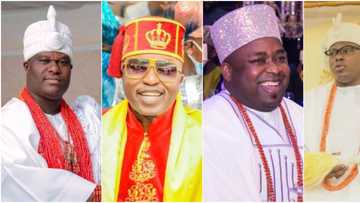50+ most common Arabic last names/surnames and their meanings
Which Arabic last names are the most common? In most European countries, a family name is generally one or two words. Nevertheless, when it comes to an Arabic surname, the number of its components and their length could be more.
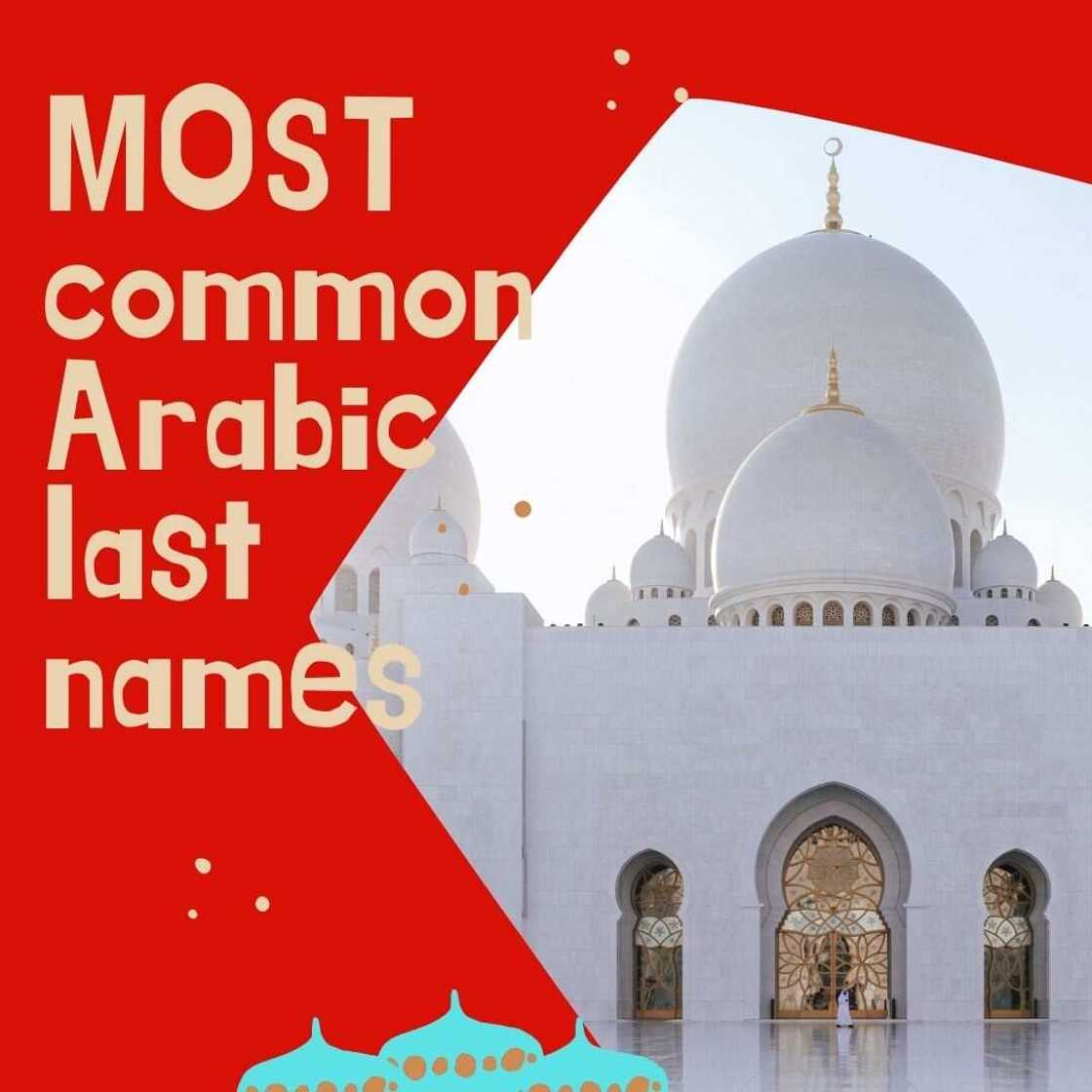
Source: UGC
People’s surnames serve as bridges to their ancestors' culture and history. How much do you know about the most common Arabic last names?
What are the most popular Arabic last names?
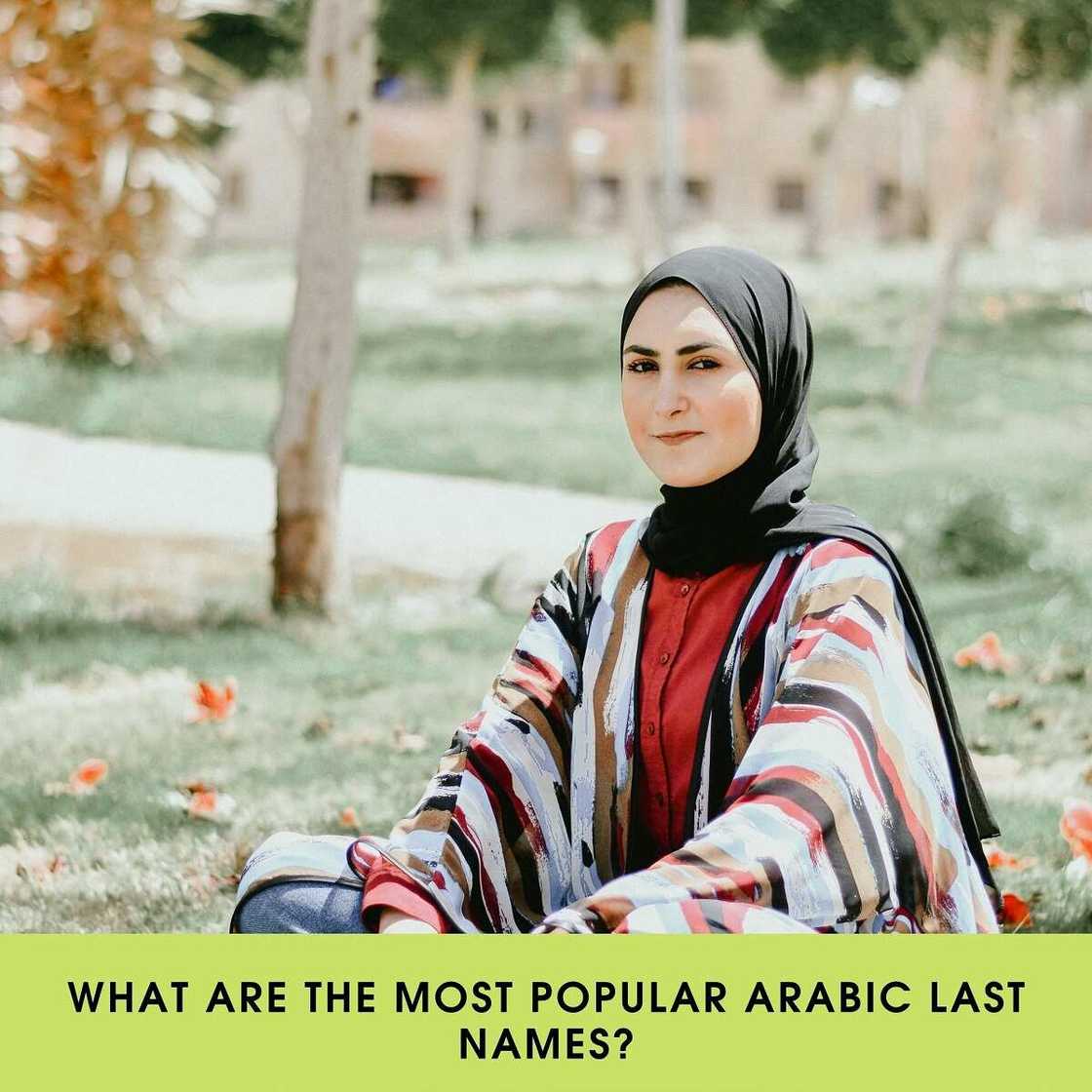
Source: UGC
Arabic last names often refer to the clan, tribe or area from which a family is derived. Moreover, they are characterised by the availability of the prefix Al-.
The prefix in front of the Arabic surnames corresponds to the article “the” in English (e.g.: Al-Amin – stands for The Trustworthy).
Surnames of individuals from countries such as Jordan, Lebanon and Syria often refer to the family occupation (e.g.: Al Tajir stands for The Merchant).
How do Arabic surnames work?
Most Arabs do not use the given name-middle-family name system. Their surnames are much longer.
Arabic surname usually consists of five components:
- Ism (the given name)
- Nasab (a patronymic or series of patronymics). It indicates the person's heritage via the word ibn.
- Laqab (title or family name)
- Nisbah (could be an everyday name). Mostly, it is the name of the ancestral tribe, country, or city used to show relevance. It follows a family through several generations. It is similar to Laquab in terms of use. The Arabic name usually includes only one of them)
- Kunya (a type of epithet).
Most common Arabic last names and meanings
Here is a list of the most common Arabic surnames and meanings
- Abadi – endless or eternal
- Abd Al-Rashid – servant of the right-minded
- Abdul – servant
- Abdullah – servant of God
- Ahmad or Ahmed – the praised one (it is among the most popular Syrian surnames)
- Akram – generosity
- Allah – God (it is one of the most popular Jordanian last names)
- Ali – elevated or exalted
- Amin – trustworthy
- Asghar – smallest
- Ayad – powerful, blessing
- Aziz – the dearest one
- Badawi – desert dweller
- Baghdadi – bestowed by God
- Bakir – dawn
- Bahar – spice
- Bashar – one who brings glad tidings
- Bilal – the victorious or water’s glow
- Daher – clear or evident
- Darwish – roaming, wandering or exploring
- Dawoud – beloved
- Ebeid – a worshipper of God or devoted servant
- Fadel – generous or virtuous
- Faez – victory
- Faheem – intelligent, understanding
- Fakhoury – a noble cause
- Fasih – eloquence
- Gaddafi – the archer or thrower
- Ghulam – servant of God
- Habib – beloved
- Hadid – iron
- Hafeez – the guardian or protector
- Hasan – benefactor, handsome, manly
- Hussain – handsome, beautiful
- Ibrahim – the exalted father
- Iqbal – one with strength
- Isa – iron, ice
- Issawi – gentle, tender, soft
- Ismat –chastity, purity, perfection, innocence
- Jameel – handsome or beautiful
- Jaziri – self-confidence or independence
- Jawahir – gold, jewellery
- Kassab – bread-winner
- Karim – noble or generous
- Kashif - one who discovers
- Khalid – eternal
- Maloof – fattened
- Muhammed or Mohammed – to be worthy of praise
- Mustafa – the chosen one
- Nabih – vigilant or being aware
- Nader - rare, unique, exceptional, extraordinary
- Nasser – victory
- Noor – divinity or light
- Qadir – powerful or competent
- Rafiq – a follower of God or close friend
- Ramzi – demure or quiet
- Sader – strength or courage
- Shadid – strong
- Shariq - devoted companion, bright or shining star
- Taleb – seeker of knowledge
- Wahed – the only one
- Yasin – wealth or richness
- Zaman – time, era, age
What are the most popular Arabic names?
Choosing a name for a child is like choosing a path for their future life. It significantly affects a person’s character.
What is the most popular Arabic girl name?
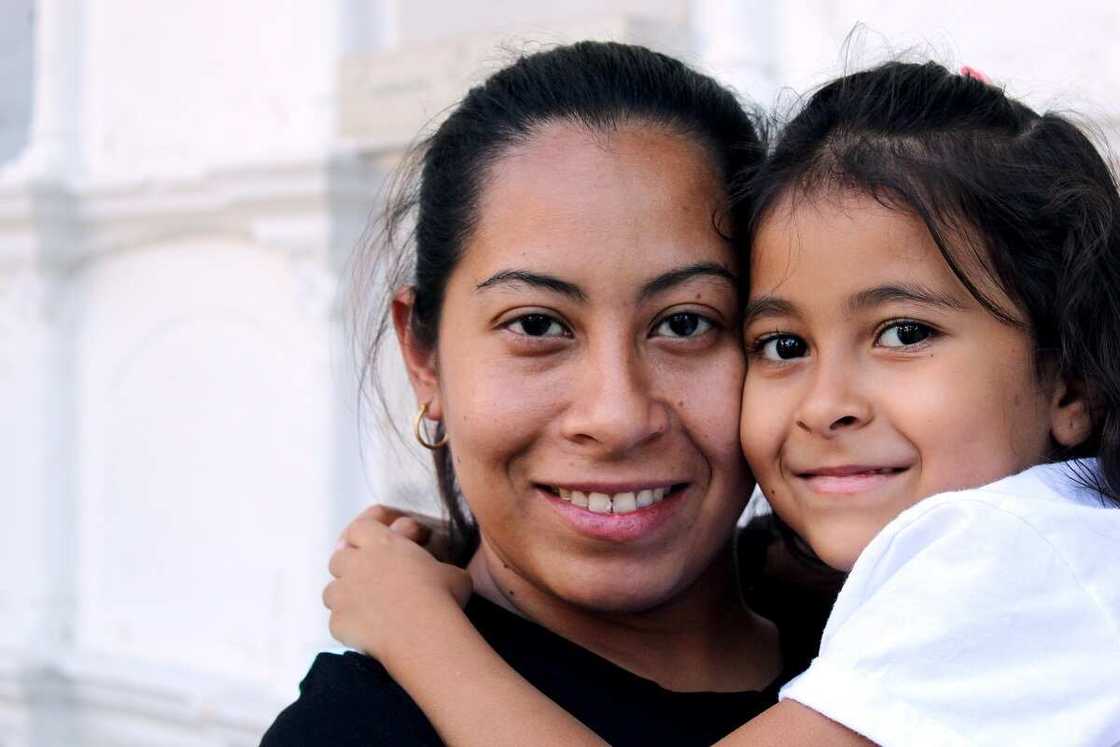
Source: UGC
Here are the top ten Arabic names for girls with their meaning:
- Layla -the euphoria
- Aliyah -high, exalted
- Lyla - night
- Laila - night, holy
- Amara - eternal beauty, urgent news
- Leila - night
- Amina - peace
- Nylah - winner
- Lilah - night
- Zara - exalted
Most popular Arabic names for baby boys
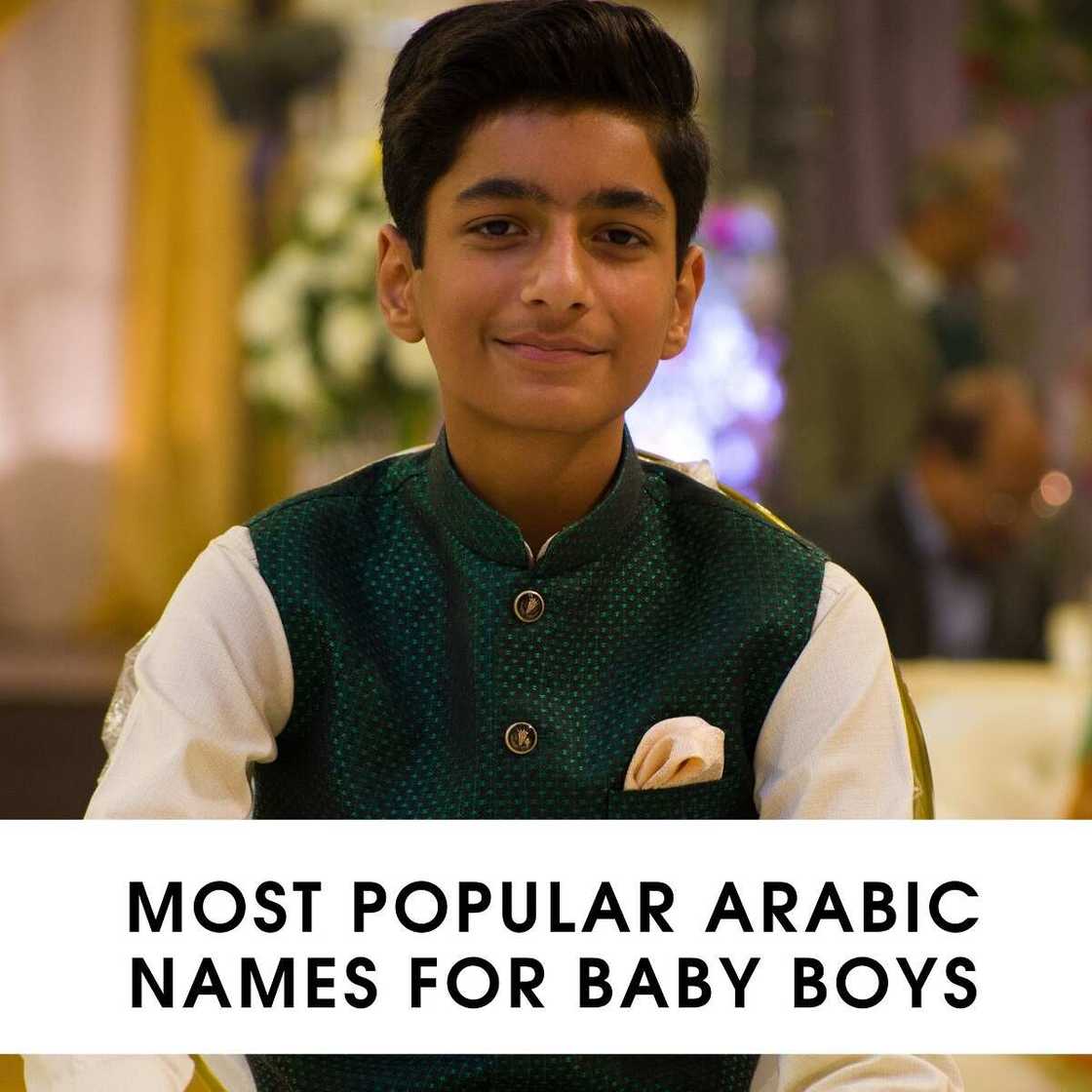
Source: UGC
Here are the most popular names for Arabic boys with their meaning:
- Abbas - a lion
- Ali - a champion
- Abeer - fragrance of a rose
- Abdullah - God’s slave or a servant of Allah
- Aaftab - the sun or sunlight
- Amir - a prince who is born to give orders or a born leader
- Ahmed - one who is highly praised or the one who constantly thank God
- Babr - a tiger
- Cairo - victorious
- Cyrus - the sun
Each one of these Arabic last names has a unique origin and meaning behind it. Each Arabic-speaking area usually has its own set of surnames.
READ ALSO: Incredible imagination quotes that will change your view on things
Legit.ng recently published a list of incredible imagination quotes that will change your view on things. If you lack motivation or want to cheer up your friend, one of the best quotes on imagination can help.
Simply send a message to them, and you will see how efficient it can be. Think positive and do not be afraid to change your life for the better.
Source: Legit.ng




